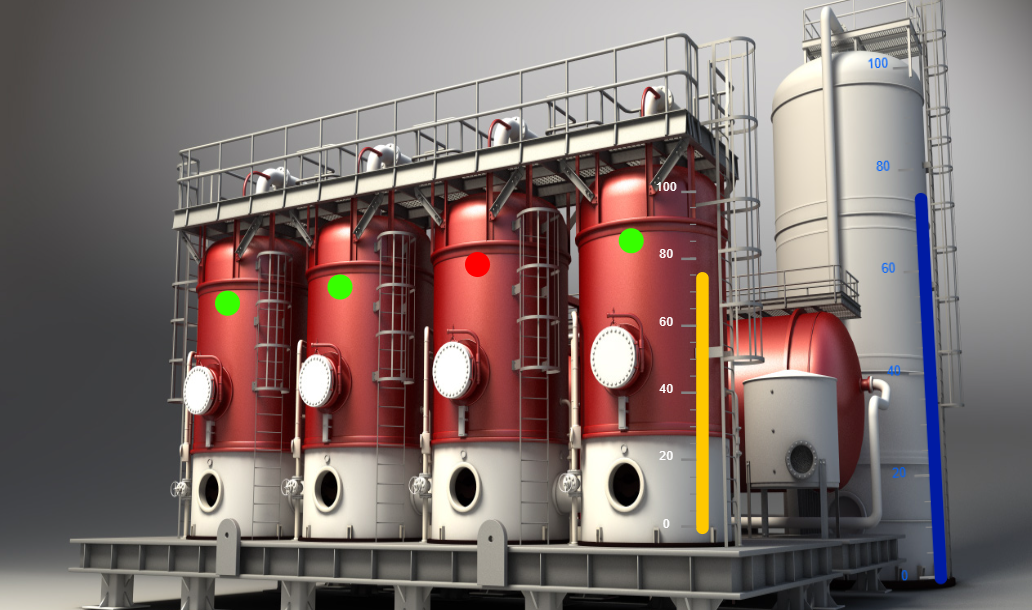The SCADA system, an acronym for Supervisory Control and Data Acquisition, is an incredibly powerful and indispensable tool that is extensively utilized across numerous industries. Its primary function is to efficiently monitor and control various processes, ensuring optimal performance and enhancing productivity levels to their utmost potential. The remarkable capability of this technology allows operators to effortlessly gather crucial real-time data from even the most remote locations, empowering them to make informed decisions quickly and confidently. By leveraging this advanced system, tasks can be efficiently automated, eliminating the need for manual intervention and streamlining operations for optimal efficiency and productivity.
What Is a Scada System?
What is a SCADA System?
Examples of SCADA systems
Industries such as manufacturing, oil and gas, water treatment plants, and power generation are prime examples where SCADA systems have solidified their presence. These robust and reliable systems play a crucial role in optimizing operations, enhancing efficiency, and maximizing productivity. With their advanced monitoring capabilities and real-time data acquisition, SCADA systems have become an indispensable tool for these industries to effectively manage complex processes and ensure seamless operations. These cutting-edge systems empower organizations to effortlessly and efficiently monitor the status of their equipment, production rates, temperature levels, pressure readings, and a plethora of other crucial factors. By harnessing the power of advanced technology, businesses can now gain real-time insights into their operations with ease and precision. This enables them to proactively identify any issues or anomalies and swiftly take corrective actions, ensuring uninterrupted productivity and optimal performance at all times.
SCADA System Course
To truly master the complexities and functionalities of SCADA systems, enrolling in a comprehensive and well-structured SCADA system course is an absolute must. Such courses provide individuals with an unparalleled opportunity to delve into the intricacies of these systems, gaining a deep understanding that cannot be obtained through self-study alone. By immersing yourself in a SCADA system course, you will acquire invaluable knowledge and skills that will empower you to confidently navigate the challenges and harness the full potential of these powerful industrial control systems. These courses offer an extensive and in-depth understanding of all the crucial elements that constitute a SCADA system. They cover not only the hardware components, such as sensors and PLCs (Programmable Logic Controllers), but also delve into the software components, like HMI (Human-Machine Interface) screens. By enrolling in these courses, individuals can gain a comprehensive knowledge that equips them with the necessary skills to design, implement, and maintain robust SCADA systems.
Implementing a SCADA System
You might also like





